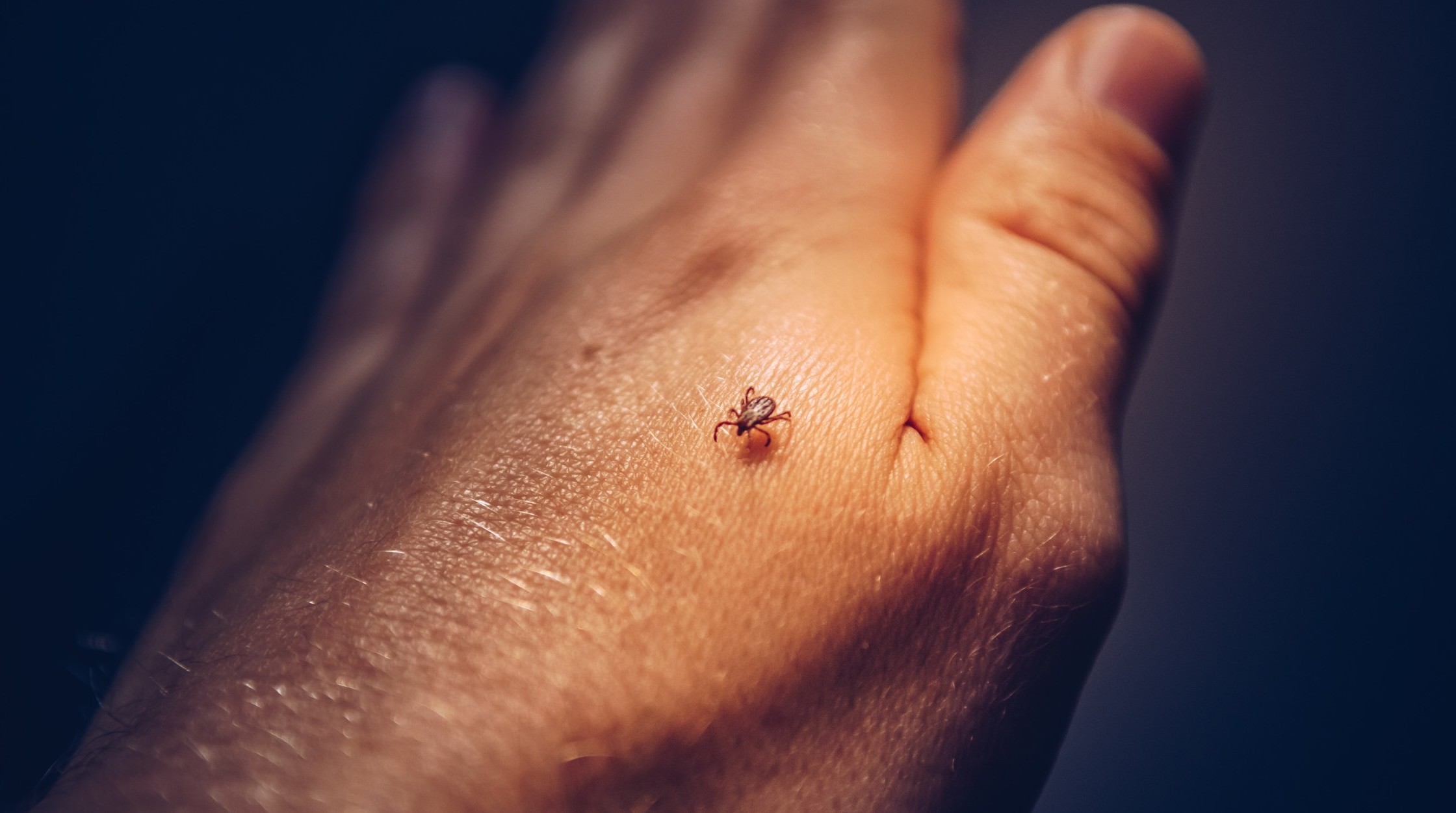What are the real risks for a person and what to do if you are bitten by a tick? With the arrival of the strong heat, insects, mosquitoes but also ticks have spread particularly, especially in some regions of Italy.
Although they are small insects, it is good to know that ticks can become very dangerous and can cause various risks to human health. Therefore, you need to know how to treat yourself in the event of a tick bite to avoid major problems. So let’s see what to do if you are stung by a tick and what are the actual risks you run.
- Woman in Sardinia dies of a tick
- Risks and what to do when you are bitten by a tick
Woman in Sardinia dies of a tick
There are many ticks that are invading our cities this summer. A 70-year-old woman died in Sardinia due to a tick bite, after four days of hospitalization, due to a serious infection, rickettsiosis, caused by the tick. The woman had very high fever, headache, fatigue, muscle and joint pain. Initially, the woman did not experience any symptoms, which is why she underestimated the sting but after a few days the situation precipitated.
Despite the therapies, the woman did not respond to treatment and died. The case of the woman in Sardinia has raised many questions about the actual and real risks that run when she is bitten by a tick as well as unleashed anxieties and fears.
Risks and what to do when you are bitten by a tick
The risks for a tick bite are actually different and also important. The National Institute of Health, Iss, explained that ticks with their bite transmit pathogens capable of causing serious diseases such as rickettsiosis, Q fever, Lyme borreliosis, ehrlichiosis, viral encephalitis, rickettsiae button fevers, tularemia, babesiosis .
Also, there are some species of ticks that secrete a toxin that causes paralysis and the symptoms of tick paralysis are weakness and fatigue, weakness and irritability. After a few days, progressive paralysis develops, usually starting in the lower limbs, also affecting the muscles that control breathing.
Tick paralysis heals quickly by removing the tick but when breathing is impaired, oxygen therapy may be required. For the rest, most of the aforementioned diseases and infections that you risk if you are bitten by a tick can be resolved and cured with timely antibiotic treatment.
Infections resulting from tick bites can only rarely become life-threatening in elderly people or children.
To prevent tick bites, the advice is to use insect repellents and immediately remove ticks as soon as they are seen on your skin, because the probability of contracting an infection is directly proportional to the duration of the parasite’s stay on our skin.
Il best way to remove ticks is to use tweezers to catch the insect by pulling it out of the skin. The tick’s head, which may not come out with the body, must be removed, as it can cause chronic inflammation.
Once the tick is removed, an antiseptic should be applied and, in case of swelling, an antihistamine as well.
